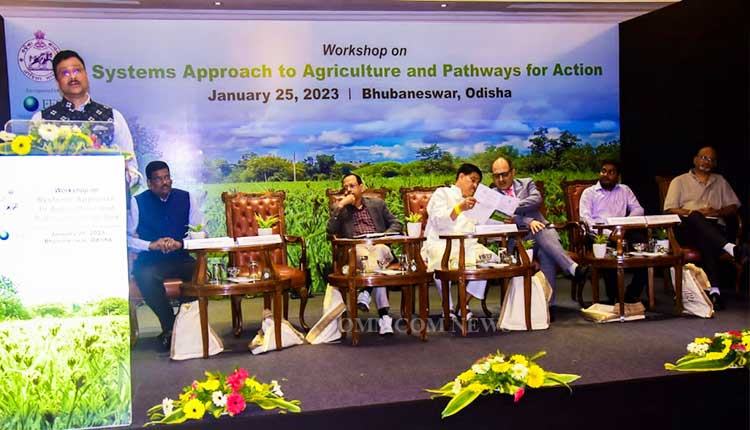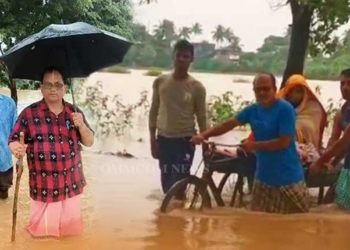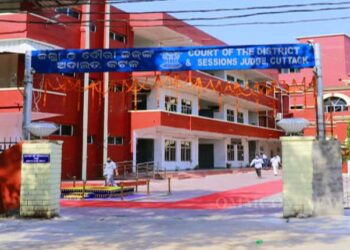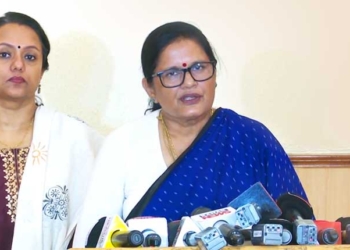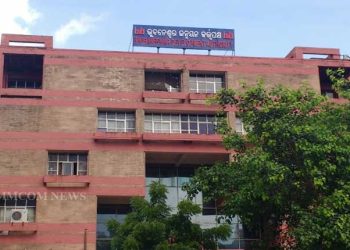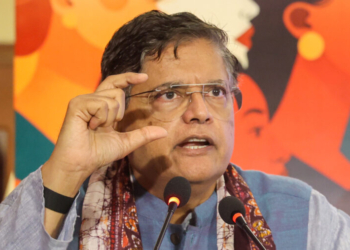Bhubaneswar: Agriculture & Farmers’ Empowerment Minister Ranendra Pratap Swain inaugurated the ‘Workshop on Systems Approach to Agriculture and Pathways for Action’ in presence of Principal Secretary Dr Arabinda Kumar Padhee and other dignitaries at Mayfair Convention in Bhubaneswar on Wednesday.
Swain highlighted the progress made in food production in Odisha under the leadership of Chief Minister Naveen Patnaik. He emphasized the importance of using technology among farmers to further strengthen their income and the convergence of line departments to enhance the agri-economy in Odisha.
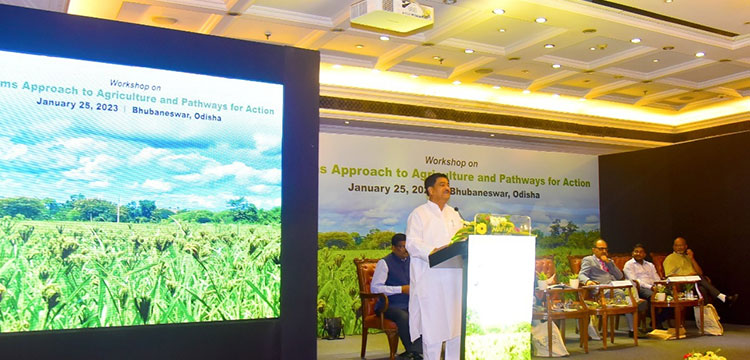
Padhee in his keynote address highlighted that the Systems Approach in Agriculture has three pillars: Production, Distribution, and Consumption. He stated that the Department is executing all its policies in a Systems Approach with support of technology, information, and views of stakeholders.
APC-cum-ACS Pradeep Jena stressed the importance of a convergent approach, including all Directorates, for an increase in agricultural production. He advised working with communities to utilize less natural resources and to implement concurrent monitoring and evaluation in the agriculture sector.
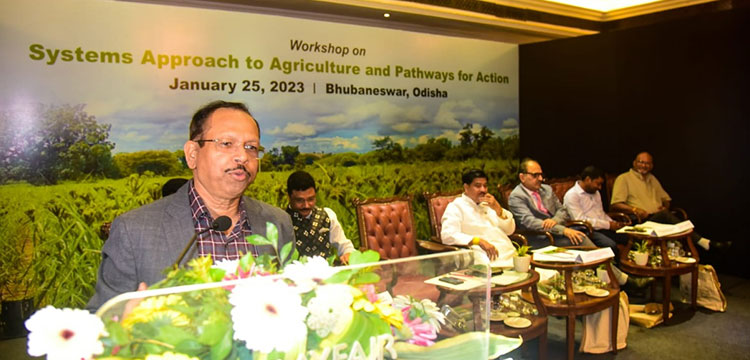
The workshop brought together stakeholders from government, private sector, and communities to discuss on the challenges and deliberate on ways to increase agricultural production and enhance the agri-economy in Odisha through the Systems Approach.
The workshop began with a discussion on the nuances of climate change, technological advancement, and production and consumption patterns that are important for planning a systems approach to agriculture.
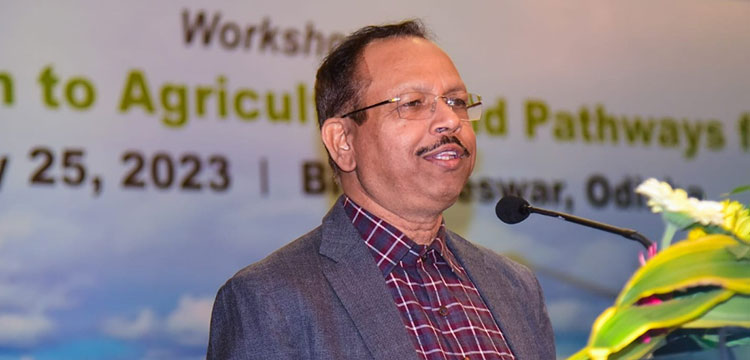
In the Technical Session on Interaction of Resource Systems with Agriculture, Degradation of Resources and Restoration Challenges, panelists emphasized the importance of ecosystems and ecological and social processes in agriculture. They focused on the Soil Organic Carbon Mission and how community actions and convergence of line departments can balance and restore soil health.
In the Technical Session on Institutional Mechanism for Inclusive Governance of Natural Resources, the panelists emphasized the significant impact of climate change on agriculture and food systems. They discussed the need to invest in basic infrastructure to address the challenges of climate change and increase crop resilience and long-term sustainability of agricultural systems. They also highlighted the importance of decentralization and convergence in action, as well as the role of women as decision-makers.
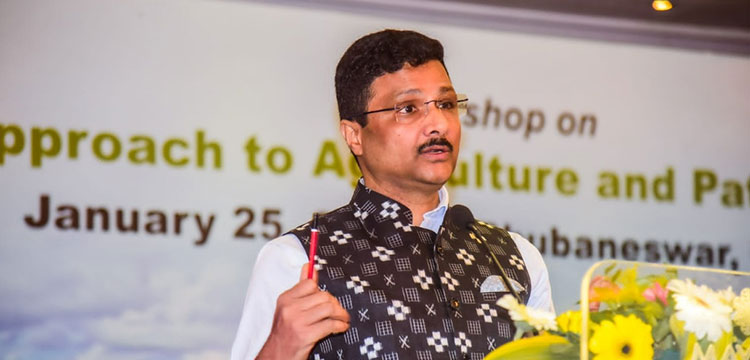
The Technical Session on Reimagining Extension Systems and Capacity Building of Functionaries Using Tools & Technologies focused on the use of digital technologies for information sharing among extension functionaries and building the capacity of functionaries through available tools and technologies to better support farmers and other stakeholders in their efforts to improve agricultural productivity and sustainability.
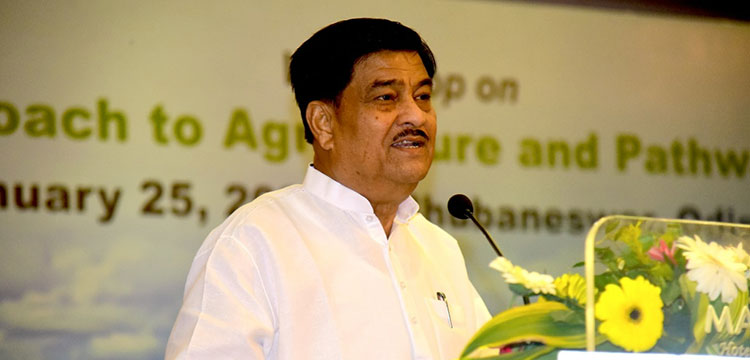
In the Technical Session on Enabling Systems to Work at Scale, the panelists invited suggestions from the audience on how to scale the system to achieve impact and success in projects and initiatives. Overall, the workshop provided a platform for stakeholders to discuss and deliberate on ways to increase agricultural production and enhance the agri-economy in Odisha through the Systems Approach.




